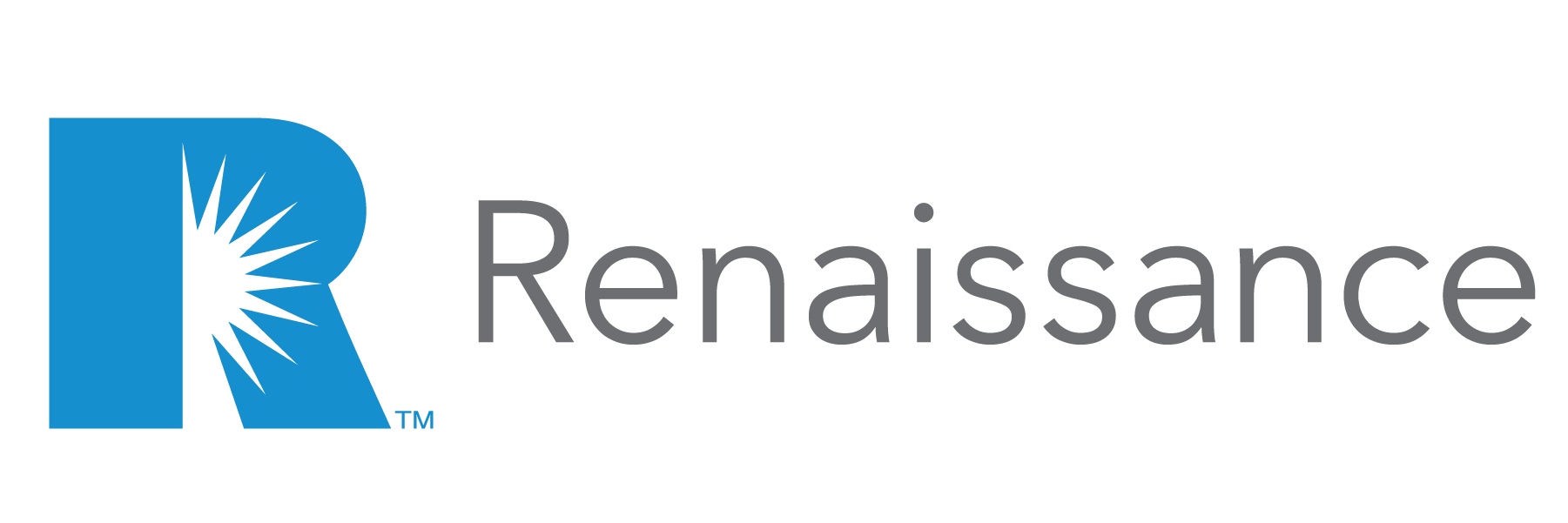Renaissance Alliance is committed to helping you weather the current storm by providing timely and substantive information. The Coronavirus Aid, Relief, and Economic Security Act (CARES Act) was signed into law on March 27, 2020. It provides a tremendous opportunity for agencies and their commercial clients to access financial assistance through federal grants and loans to make it through this challenging economic situation. Please carefully read the information below to learn more about how to take advantage of the CARES Act quickly, while funds are still available. There is also a direct link to information from InsurBanc so you can get the process underway.
In short on the Paycheck Protection Program (PPP) loan program — click for additional FAQs.
- Grants and Loans from the Small Business Administration (Assistance for Small Businesses, Nonprofits, and Sole Practitioners):
- A major focus of the Cares Act legislation is geared towards providing financial assistance to help businesses keep workers on the payroll during the physical and economic shutdown.
- These financial assistance provisions include a massive $350 billion Paycheck Protection Program (PPP), administered through the Small Business Administration, that will provide eligible entities with loans to cover the costs of payroll, healthcare benefits, mortgage interest, rent, utilities, and certain other obligations.
- The maximum amount of each loan is $10 million, with the actual permitted amount tied to the borrower’s payroll costs (and effectively limited to 2.5x the average monthly payroll incurred over the 1-year period prior to the loan, with exceptions for seasonality).
- The covered loan period begins on February 15, 2020 and ends on June 30, 2020.
- When paired with an eight-week loan forgiveness program (of payroll costs), the PPP will effectively serve as a federal grant to eligible entities to keep employees on the books (or rehire employees that were recently laid off) for at least a near-term period. The loan forgiveness will not be treated as gross income for tax purposes.
- The loans also come with plenty of requirements: no stock buybacks, no dividends, no forgiveness and no large layoffs. Cannabis companies are excluded from the SBA loan program.
- The loans will be made by banks, credit unions, and other lenders and are fully guaranteed by the SBA.
- Importantly, the PPP specifically targets businesses in the hospitality and restaurant industries that would ordinarily not qualify as “small businesses” under governing SBA guidelines. Specifically, it waives the small business requirements for those industries to allow entities to potentially benefit from the PPP so long as they have no greater than 500 employees in a physical location, even if they are otherwise part of a larger company or affiliated with/franchises of a larger company. These waivers do not apply to other retail entities.
- More specifically, for eligible borrowers in the food services and accommodation sectors with a North American Industry Classification System code beginning with 72, the 500-employee limit is applied to each physical location and not the company. As a result, a restaurant or hotelier with 1,000 employees and 10 locations would be eligible for PPP loans at each location that has less than 500 employees.
- The PPP also expands beyond small businesses to include other organizations, including nonprofits and sole practitioners or self-employed individuals and waives personal guarantee and collateral requirements that would otherwise apply.
- For what can an eligible borrower use the loan proceeds?
The CARES Act specifies the allowable uses of the proceeds of a PPP loan include:
- payroll costs;
- costs related to the continuation of group health care benefits during periods of paid sick, medical, or family leave, and insurance premiums;
- employee salaries, commissions or similar compensation;
- payments of interest on any mortgage obligation (which may not include any prepayment or payment of principal);
- rent, including rent under a lease;
- utilities; and
- interest on any other debt obligations that were incurred prior to February 15, 2020 (which may not include any prepayment or payment of principal).
- Is a prospective borrower still eligible to apply for a PPP loan if it has laid off employees and/or shut down operations/facilities?
- Yes.
- What steps can a prospective borrower take to best position the borrower to obtain a PPP loan?
Run, don’t walk to your current bank or credit union.
- The CARES Act authorizes the SBA to guarantee up to $349 billion, including loans under existing SBA lending programs. A lender will fund a PPP loan only if it first confirms the SBA will guarantee it. Assume that the SBA will confirm guarantees on a first-come, first-served basis. Once the outstanding SBA guarantees hit $349 billion, a small business not already approved for a PPP loan will not be able to obtain funding unless Congress expands the program. At this time, it is not certain that Congress will expand the PPP or other SBA programs.
- A small business should contact its existing bank ASAP to confirm that the bank is planning to offer PPP loans. Some banks are planning to give priority to existing customers and will likely make PPP loans to a business that is not an existing customer only if that borrower’s current bank is not participating in the PPP program. If a prospective borrower’s existing bank will not be participating in the PPP program, we recommend that the prospective borrower next contact a bank in the area that is an SBA preferred lender.
- A small business seeking to obtain a PPP loan should have the following documents ready:
- A schedule of employees, confirming that it does not have more than 500 employees.
- An analysis of average monthly “payroll costs” for the past 12 months, showing the amounts included and excluded from the definition of payroll costs. Use the 12-month period April 1, 2019 to March 31, 2020 as a starting point but be prepared to update the analysis to cover the 12-month period prior to the origination of the PPP loan. Payroll costs are defined broadly to include wages, salaries, retirement contributions, healthcare benefits, covered leave, and other expenses.
- A worksheet demonstrating that the requested PPP loan does not exceed the maximum loan limit for which the business is eligible. The maximum PPP loan is equivalent to 250% of the employer’s average monthly payroll costs during the one-year period before the loan is made or $10 million, whichever is less.
- A profit and loss statement (P&L) for 2019, but only if available. If a business does not have its 2019 P&L readily available, it should not delay contacting its bank until the P&L is prepared.
The modified version of SBA Form 1919 that the SBA is expected to prepare in the coming days.
In short on the Economic Injury Disaster Loans (EIDL) program – (click for additional information)
- Loans of up to $2 million at interest rates of 3.75% per annum (2.75% for non-profit companies).
- The term may extend up to 30 years subject to a company’s financial condition.
- EIDLs exceeding $25,000 will require collateral including any owned real estate.
- Companies who receive an EIDL can use funds for working capital: (i) payment of fixed debts, (ii) payroll, and (iii) other accounts payable.
- But these funds cannot be used for (a) expansion/replacement of lost sales/profits, (b) refinancing debt, or (c) equity buybacks/dividends.
- Companies should be cognizant of corporate governance provisions in their respective organizational documents, and any other equityholder agreements, to confirm whether accepting an EIDL requires approval from any stakeholders.
- EIDL program expanded to include sole practitioners and includes $10 billion in funding that would provide an immediate grant of up to $10,000 to entities that choose to pursue assistance under the earlier EIDL Program.
Information on The CARES Act provided by Jonathan Calla, Partner, Nutter, McClennen & Fish, LLP
If you’re ready to get the ball rolling, InsurBanc offers the following information:
Details on Paycheck Protection Programs loan application and processing are being put together by the SBA and InsurBanc expects them to be released shortly. Once they are available, their lenders will begin processing information and applications for interested borrowers. To channel requests for this financing, they have added a link to their website which includes an online form to submit contact information and general information on the program. Here is the link that you will need to register. www.insurbanc.com/sba
There is more information to come on the COVID19 situation. Look to Renaissance Alliance as the source for your agency’s COVID19 updates!
Related prior posts
COVID19: Workers Compensation and Coronavirus Conundrums
COVID19: 4 Keys to Working from Home Productively
COVID19: 10 Steps to Building a Motivated and Productive Remote Agency Workforce
COVID19: Tech Tools for Your Insurance Agency’s Remote Operations
Insurance Agency Coronavirus Roundup: Insurance Issues, Agency Prep & More






